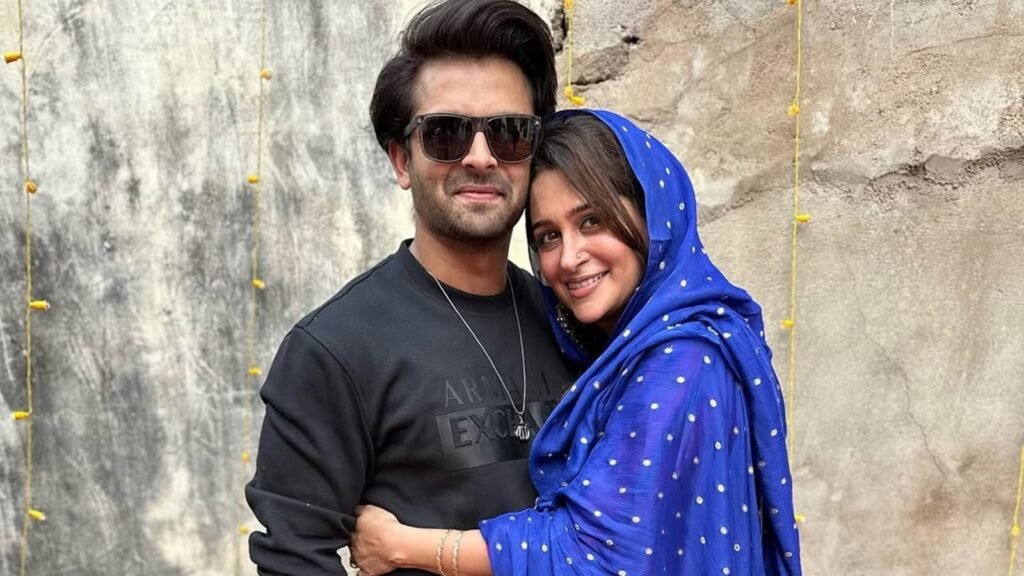Television actor Dipika Kakar, who revealed in May 2025 that she has been diagnosed with stage 2 liver cancer, recently began targeted therapy following a major 14-hour surgery to remove a tumour.
In her latest vlog, Dipika offered a heartfelt update on her ongoing treatment, while her husband, actor Shoaib Ibrahim, also shared how the journey is unfolding for their family. “From today, Dipika’s targeted therapy medicine has started. It’s the first day, and so far she is feeling fine,” Shoaib said in his vlog.
Dipika clarified that she was feeling tired because she had spent the entire day out with their son Ruhaan. The next day, Shoaib added, “Today is the second day of the medicine. She has developed mild ulcers on the tongue.” Dipika responded, “The doctor had already warned us against ulcers and asked me to increase my water intake, so I will do that. I am sure it will be fine.”
Earlier, Dipika had shared, “After the surgery, suddenly everything seems to have changed for me… I just pray that my body can tolerate the future treatments just like it has done till now. Because everything has side effects, and I’m sure this would too.”
What is oral targeted therapy in the context of liver cancer?
Dr Srinath, senior oncologist and founder at Asha Hospitals and Research Centre, tells indianexpress.com, “Oral targeted therapy is a form of treatment that works by specifically attacking cancer cells based on certain genetic markers or proteins involved in the growth of liver cancer. Unlike traditional chemotherapy, which affects both healthy and cancerous cells, targeted therapy is designed to minimise harm to normal cells. This makes it more precise in action and often more tolerable for patients.”
Why might patients develop ulcers, and how can such side effects be managed?
“Mouth ulcers or oral mucositis can occur as a side effect of targeted therapies, particularly those that affect rapidly dividing cells, including those in the lining of the mouth. These drugs may interfere with the body’s ability to repair and regenerate mucosal tissues, leading to inflammation and discomfort in the form of ulcers or soreness in the mouth and tongue,” informs Dr Srinath.
He adds that managing this side effect typically involves a combination of good oral hygiene, the use of mild, alcohol-free mouth rinses, and sometimes medicated gels to soothe the area. Staying well hydrated, avoiding spicy or acidic foods, and maintaining regular dental care can also help. “If the ulcers become painful or interfere with eating, the oncologist may adjust the medication dose or prescribe protective agents to coat and protect the mouth lining. In most cases, these symptoms are manageable and tend to improve over time or with supportive care.”
Story continues below this ad
For someone recovering from major surgery and undergoing targeted therapy, what kind of daily activity and rest balance is ideal?
Dr Srinath says that fatigue is a very common experience during cancer recovery and especially during treatment. “The key is to listen to the body’s cues and prioritise gentle activity alongside adequate rest,” he says.
Rest should be viewed as an active part of healing, not as a sign of weakness, according to the doctor. Short naps, early bedtimes, and restful breaks during the day are encouraged. It is also essential to maintain good nutrition and stay hydrated, as these factors greatly influence energy levels. Most importantly, any activity plan should be personalised in consultation with the treating physician.
DISCLAIMER: This article is based on information from the public domain and/or the experts we spoke to. Always consult your health practitioner before starting any routine.

